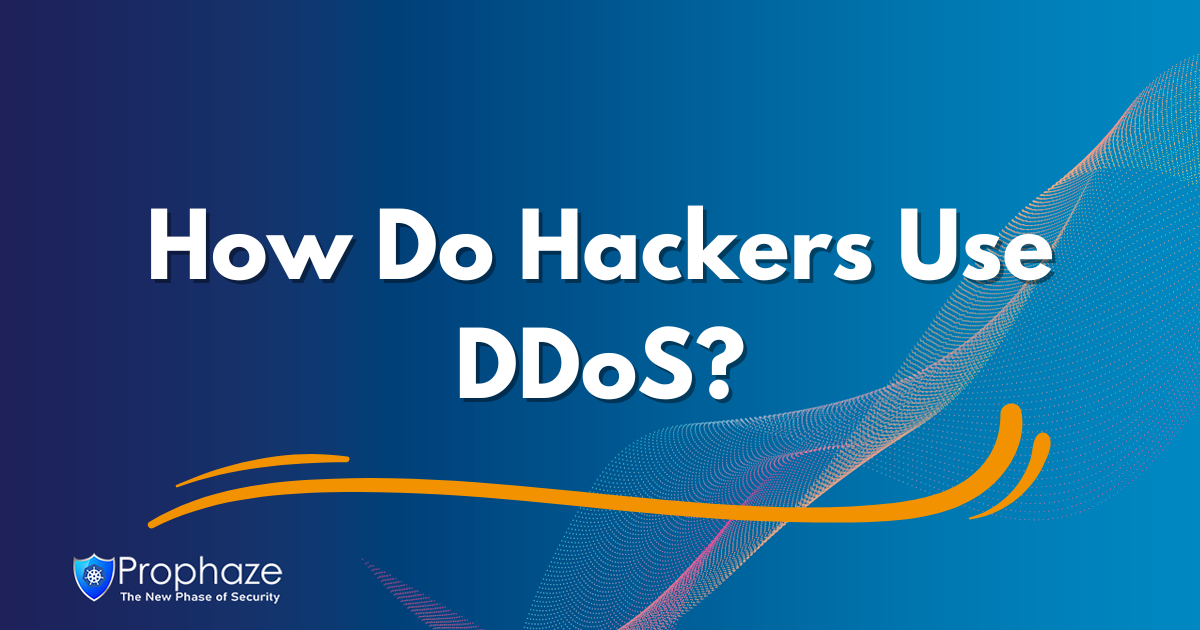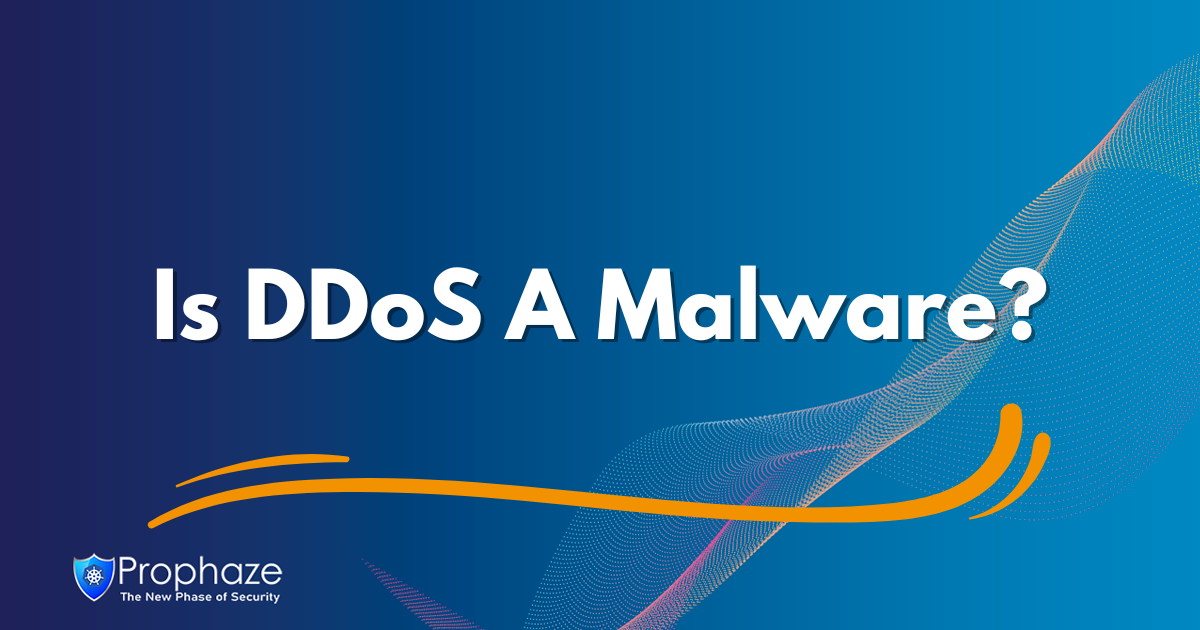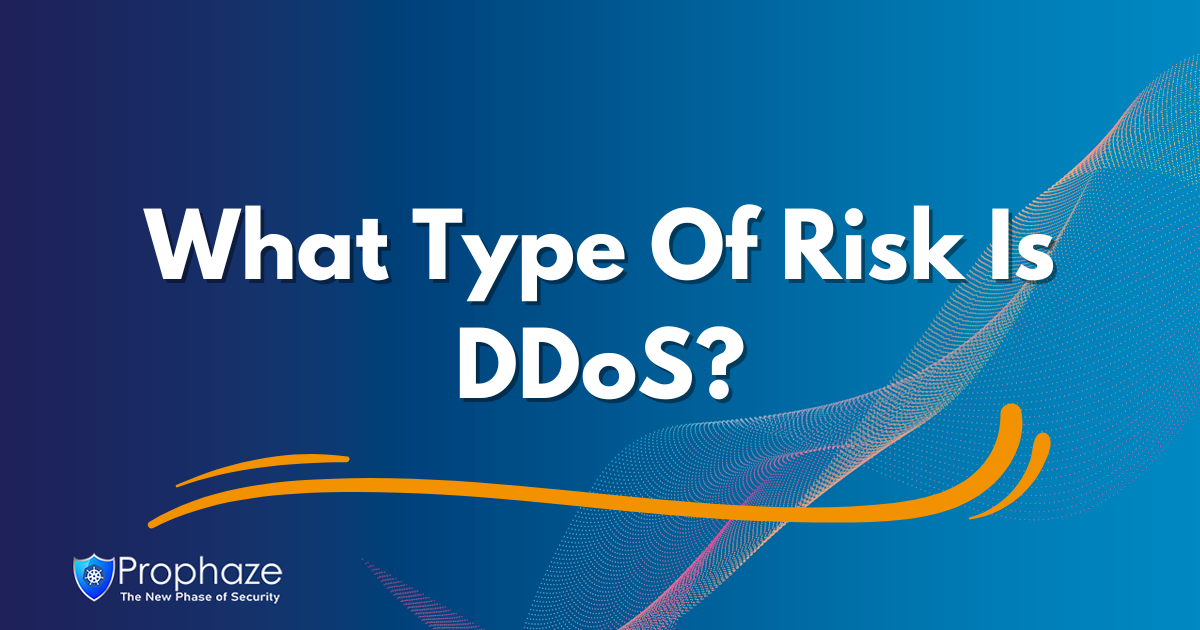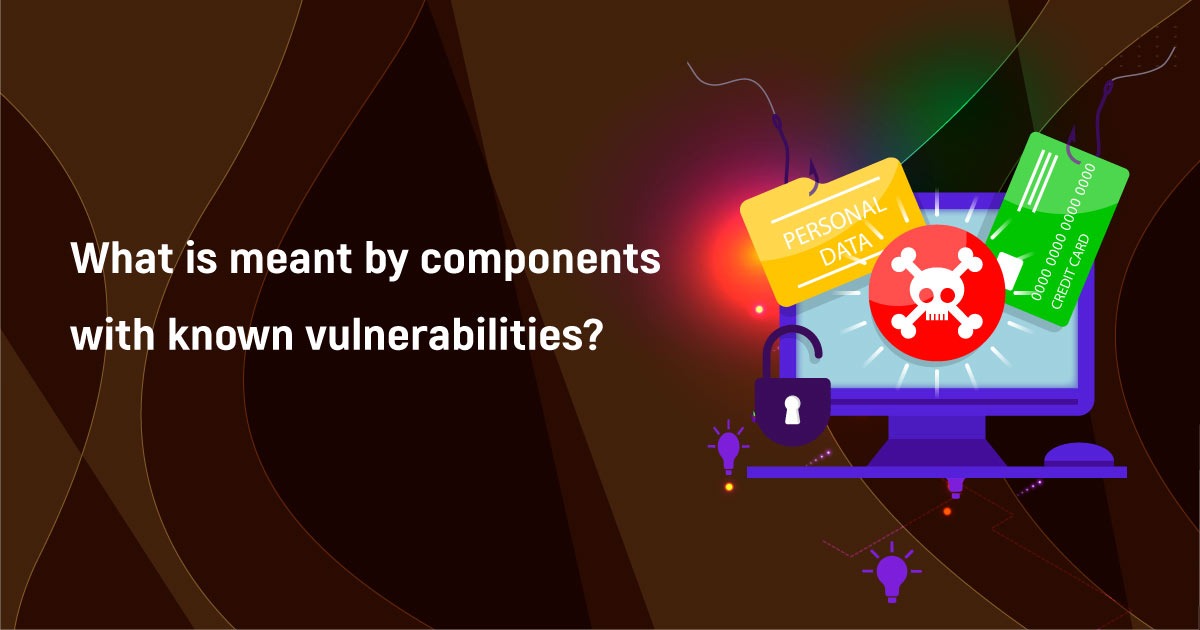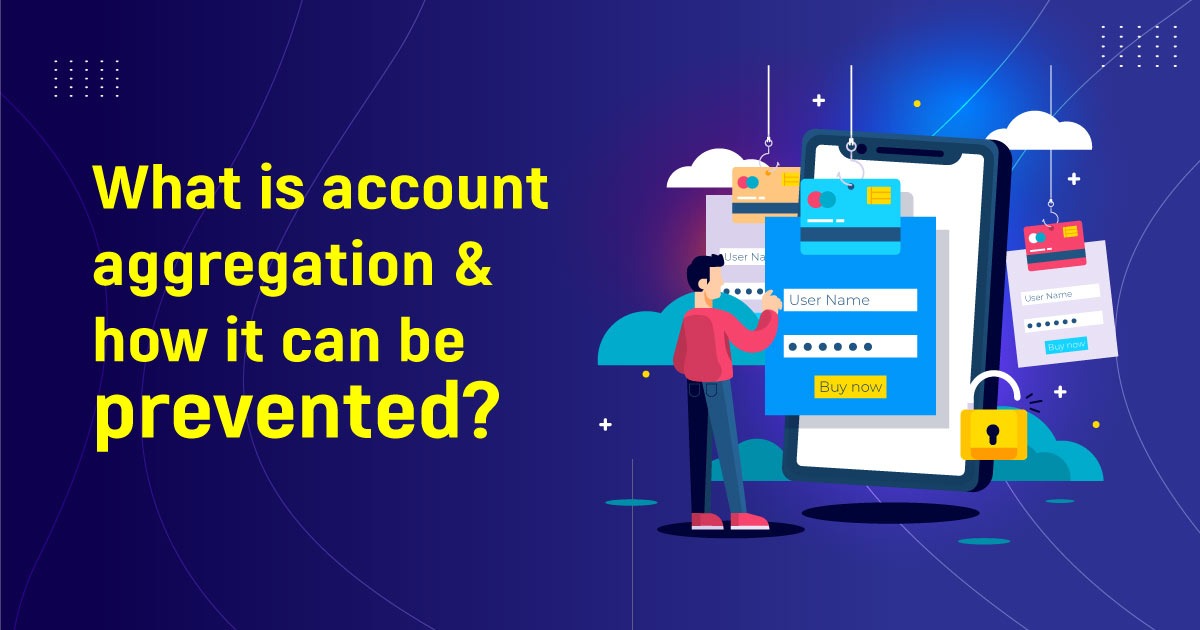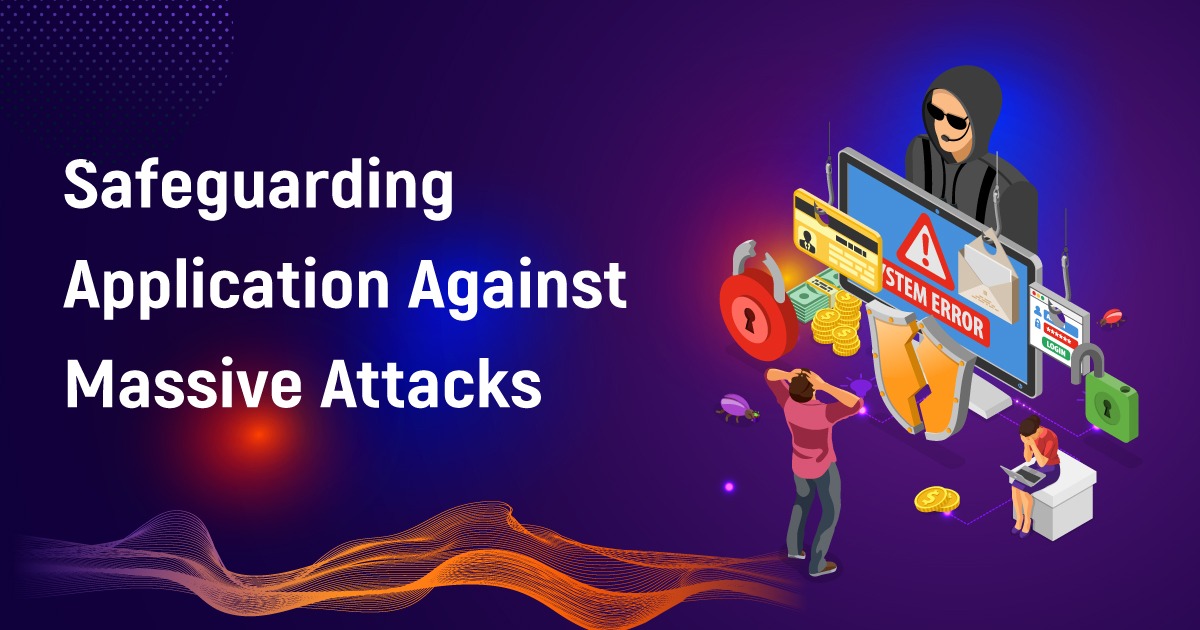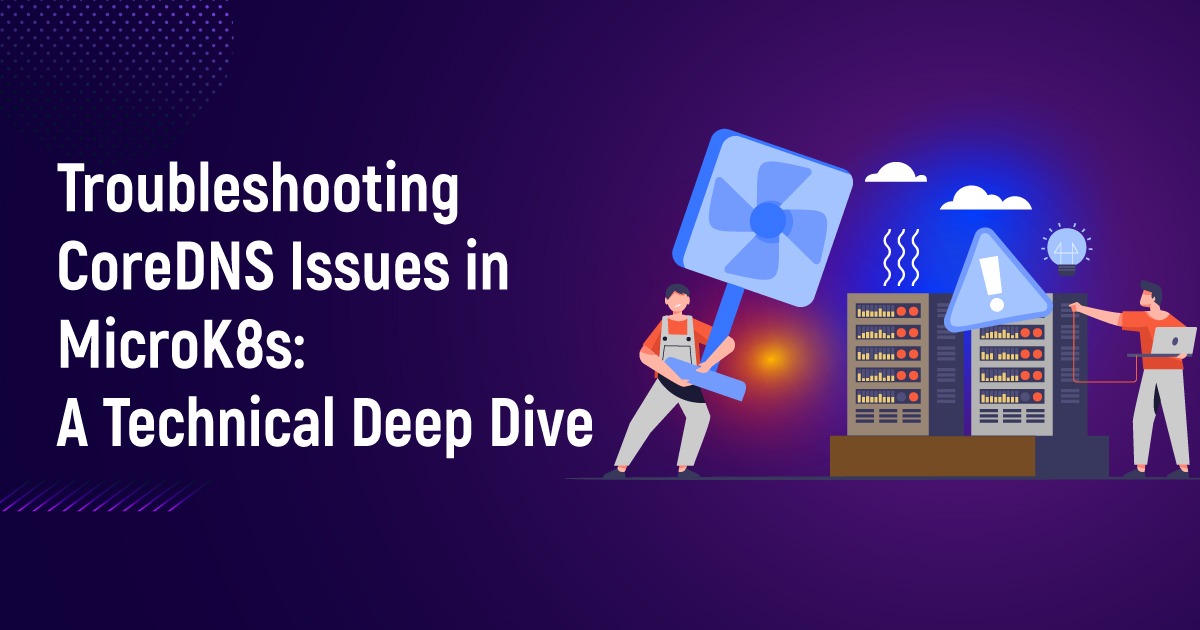Critical Importance of DDoS Prevention
Distributed Denial of Service (DDoS) attacks are now prevalent and disruptive threats in today’s interconnected world. Organizations across all industries now recognize the critical importance of DDoS prevention. This piece intends to address the importance of DDoS prevention and highlight any potential negative consequences of failing to implement it. It is also necessary to discuss the proactive measures that companies can take to defend themselves against these damaging attacks.
-
Prolonged service interruptions and downtime are among the potentially devastating effects of DDoS attacks. DDoS attacks make a target system or network inaccessible to legitimate users by overwhelming it, leading to disrupted business operations. Investing in DDoS prevention measures can assist in guaranteeing that online services are accessible, maintain business continuity, and reduce the impact on revenue and customer satisfaction.
-
With the increasing importance of trust and reputation, DDoS prevention becomes imperative to safeguard customer trust. Customers may experience frustration and seek alternatives when an organization's services are unavailable due to a DDoS attack. The following can result in a loss of confidence, customer attrition, and a tarnished brand reputation. Organizations maintain customer trust by demonstrating their commitment to maintaining the availability and reliability of their services through proactive protection against DDoS attacks.
-
Businesses can face significant financial implications when mitigating DDoS attacks. Aside from the initial costs associated with downtime and service restoration, organizations may face long-term monetary consequences. These could include lost sales, missed business opportunities, penalties for service-level agreements (SLA) breaches, and potential legal liabilities. DoS prevention measures operate as an insurance policy, minimizing economic losses and protecting the financial welfare of the organization.
-
To prevent data breaches, hackers often employ DDoS attacks as a distraction while attempting to breach security defenses. They aim to acquire unauthorized access to sensitive data. Hackers take advantage of vulnerabilities and the chaos caused by network overload to steal confidential information, compromise customer data, or engage in other malicious activities. Robust DDoS prevention measures can help reduce the likelihood of successful data breaches.
-
Following a DDoS attack, restoring services and mitigating damage necessitate extensive efforts that consume time and resources, decreasing operational efficiency. The technical difficulties of responding to the attack could overwhelm organizations without sufficient preventative measures, diverting resources from routine operations. Organizations can maintain operational efficiency by investing in DDoS prevention and allocating resources to growth initiatives and strategic objectives instead of reactive firefighting.
Conclusion
It is not just a luxury in today’s cybersecurity landscape; DDoS prevention is instead a necessity. Organizations can defend against data breaches, protect their business continuity, safeguard customer trust, and mitigate financial losses by implementing proactive measures. It’s essential to allocate funds to comprehensive DDoS prevention solutions such as traffic monitoring, analysis, filtering, and mitigation. Organizations can confidently secure their online assets by doing so and navigating the digital landscape. What matters most is delivering value to their customers and other stakeholders.

